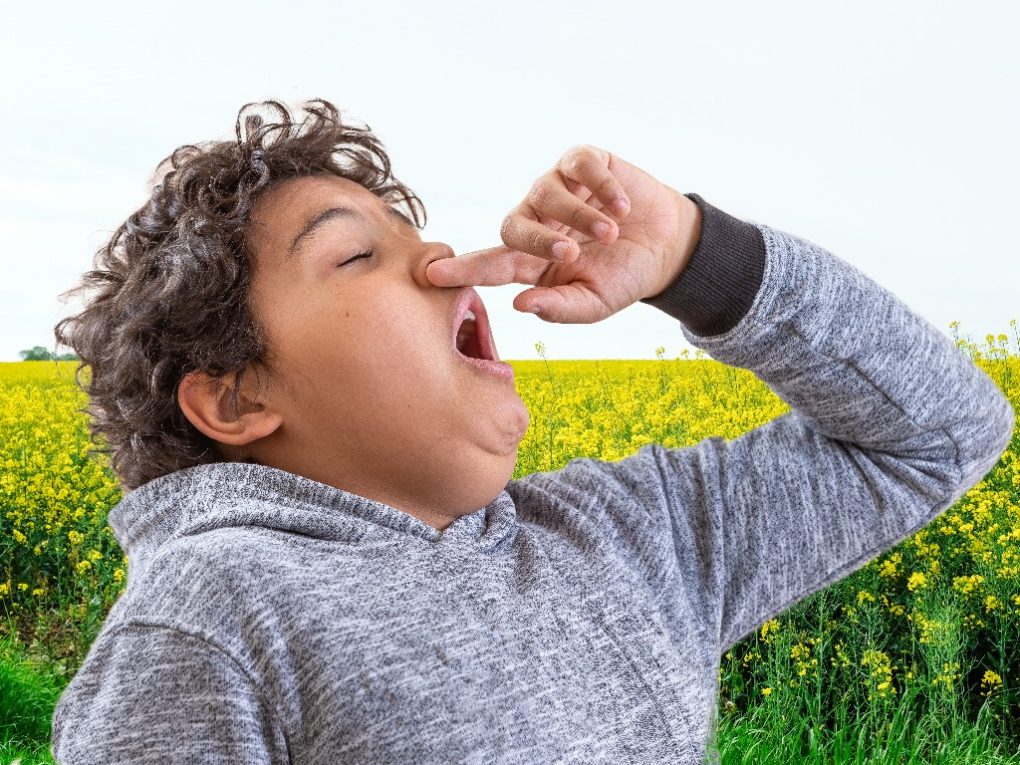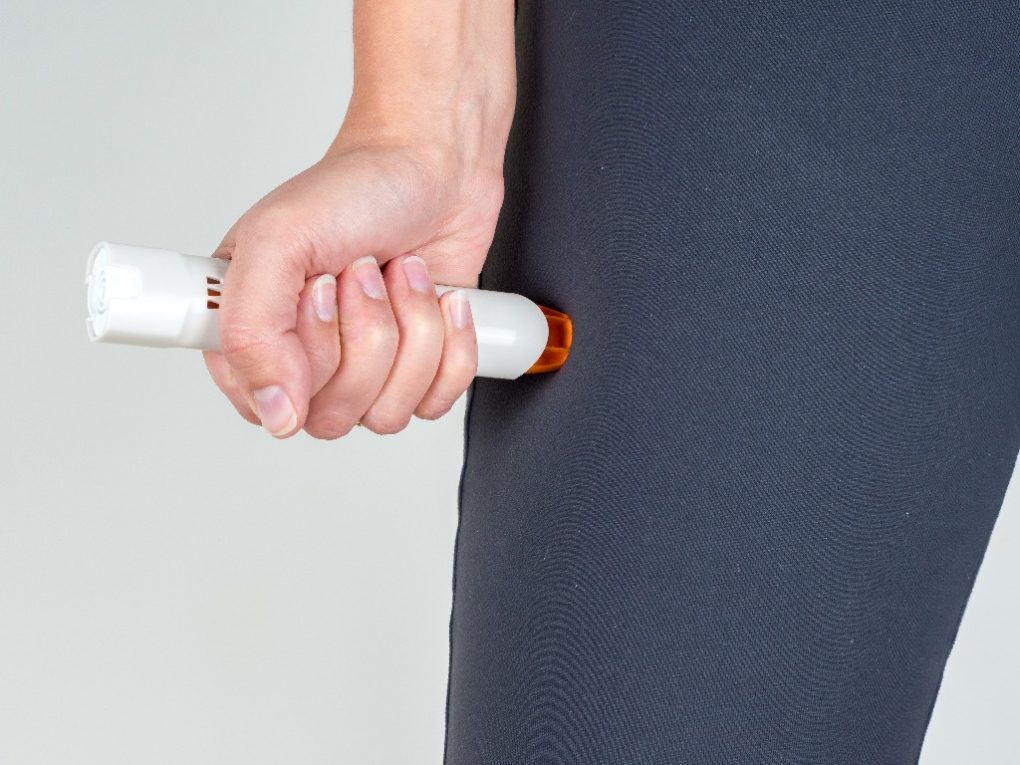Do Sunflowers Cause Allergies: Exploring the Relationship Between Sunflowers and Allergic Reactions
Yes, sunflowers can cause allergies. However sunflower allergy is a relatively uncommon condition, but for those who suffer from it, the symptoms can be uncomfortable and even life-threatening. For example, sunflower allergy is caused by an allergic reaction to proteins found in sunflower seeds, pollen, and oil.

Common symptoms of sunflower allergy are similar to those of other allergies, including an itchy mouth, eczema, hives, and difficulty breathing. While sunflower allergy is not as common as other allergies, it can still be a significant problem for those sensitive to it.
Table of Contents
What You Need to Know About Sunflower Allergies
Causes
Allergies are caused by the body’s reaction to specific substances, known as allergens. When the immune system identifies an allergen as harmful, it releases chemicals that cause symptoms such as sneezing, itching, and swelling. Some common allergens include pollen, dust mites, pet dander, and certain foods.
However, sunflowers can also trigger allergic reactions in some individuals. For example, sunflower allergy is less common than allergies to peanuts or tree nuts. According to John Williams, MD, an allergy and immunology specialist at Kaiser Permanente in Colorado, a sunflower allergy is caused by proteins found in the seeds and pollen of the plant.
It is important for individuals who suspect they may be allergic to sunflowers to seek medical attention. For example, an allergist can perform tests to determine if a person is allergic to sunflowers and provide guidance on managing the allergy.
Symptoms
While sunflowers are not a common allergen, many people may experience an allergic reaction to them. The symptoms of sunflower allergies can range from mild to severe and may include itchy or swollen mouth, skin rash or hives, runny or stuffy nose, sneezing, watery or itchy eyes, coughing, and shortness of breath or wheezing.

In rare cases, a severe allergic reaction called anaphylaxis can occur. Anaphylaxis is a medical emergency and requires immediate treatment. Symptoms of anaphylaxis may include difficulty breathing, swelling of the face, lips, tongue, or throat, rapid or weak pulse, dizziness or fainting, and loss of consciousness.
Managing Sunflower Allergies
Diagnosis
Diagnosing a sunflower allergy can be challenging because its symptoms are similar to other allergies. For example, a doctor usually asks patients about their medical history and symptoms. They may also perform a physical examination, including a skin prick test and a blood test, to determine the specific allergen causing the symptoms.
The skin prick test is basically pricking the skin with a small amount of sunflower extract and monitoring the reaction. A raised, red bump at the site of the prick indicates an allergic reaction. On the other hand, a blood test measures the levels of immunoglobulin E (IgE) antibodies in the blood. High levels of IgE antibodies are a sign of an allergic reaction.
Sometimes, a doctor may recommend a food challenge test, which involves consuming a few sunflower seeds or oil under medical supervision to determine if an allergic reaction occurs. This test is usually reserved for patients with severe allergic reactions or uncertain diagnoses.
It is important to note that self-diagnosis of sunflower allergies is not recommended. However, if you suspect a sunflower allergy, it is best to consult a doctor for a proper diagnosis and treatment plan.
Prevention
For people who are allergic to sunflowers, prevention is key. Here are some tips to help prevent sunflower allergies:
- Avoid exposure to sunflowers. This means avoiding areas where sunflowers are growing and avoiding products that contain sunflower seeds or oil. Many other types of flowers are less likely to cause allergies, such as roses, daisies, and petunias. If you are unsure whether a particular flower will cause an allergic reaction, consult an allergist or research before planting it in your garden.
- Use an epinephrine autoinjector if you have a severe allergic reaction to sunflowers. This is a prescription medication that I usually use to manage symptoms until medical help arrives.
- Keep away from people who have hay fever or pollen allergies. Sunflowers produce a lot of pollen, which can trigger allergic reactions in people sensitive to pollen.
- Minimize contact with pets that are exposed to pollen. Pets can bring pollen into your home on their fur, triggering allergic reactions in people sensitive to pollen.

You must talk to your doctor about a treatment plan if you have a history of severe allergic reactions. This may include carrying an epinephrine autoinjector with you at all times and avoiding exposure to sunflowers and other allergens.
Treatment
Antihistamines are often the first line of treatment for sunflower allergies. They can help relieve symptoms such as sneezing, runny nose, and itching. Over-the-counter options include cetirizine, loratadine, and fexofenadine. Prescription-strength antihistamines may be important for more severe symptoms.
Nasal corticosteroids can also be effective in reducing inflammation and relieving symptoms. Examples include fluticasone, mometasone, and triamcinolone. Decongestants can help relieve nasal congestion but should be used cautiously and only briefly. Prolonged use can lead to rebound congestion, making symptoms worse.
Immunotherapy may be an option for people with severe or persistent sunflower allergies. This involves regular injections of small amounts of the allergen, gradually increasing the dose.
The goal is to desensitize the immune system and reduce the severity of symptoms.
Immunotherapy is typically reserved for people with allergies that cannot be effectively managed with medications or avoidance.
It can take a few months or years to complete and may only be effective for some. However, it’s important to note that immunotherapy carries a risk of severe allergic reactions, so it should only be administered under the supervision of a trained medical professional.
